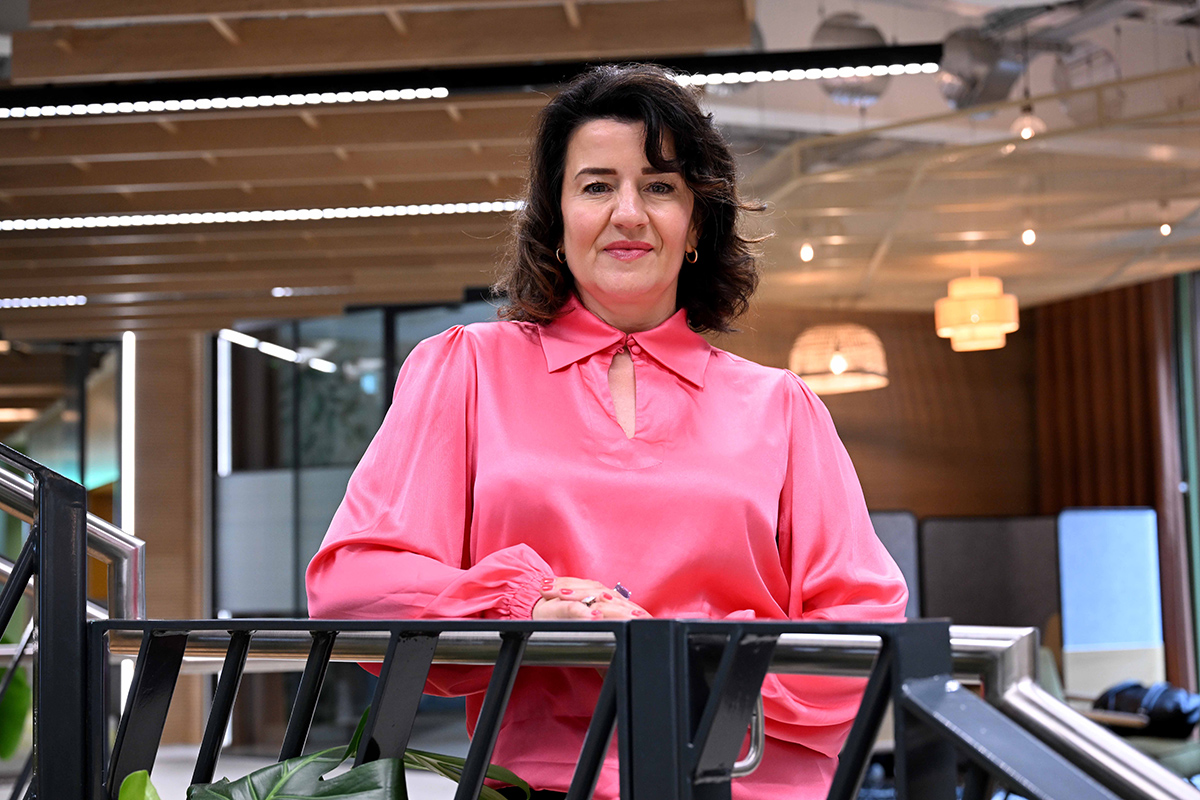You are viewing 1 of your 1 free articles
REITs target small housing associations
All identified housing associations that are involved with a new index-linked funding method have fewer than 1,000 units, according to data from the Homes and Communities Agency (HCA).
The associations leasing properties from real estate investment trusts (REITs), a kind of investment vehicle that has become increasingly widespread in the social housing sector this year, are all on the smallest end of the scale in the sector.
Of the nine that have been named, eight have fewer than 350 units. Two of these – First Priority Housing Association and Hilldale Housing Association – own no units at all, but manage some units for other organisations. Neither was available for comment.
This could cause concern at the HCA, which recently urged housing associations without much business expertise to be cautious before making deals with REITs.
These nine associations have all taken investment from Civitas, the first social housing REIT, which launched in December last year.
Other, newer REITs in the sector have not named the associations they have done business with, but Inside Housing has learned the names of two of them. Both of these own fewer than 350 units.
Civitas aims to make a 5% yield on its purchases, to increase in line with inflation, a typical deal of most of the social housing REITs currently on the market.
Howard Webb, director at Capita Asset Services, told Inside Housing he wasn’t surprised that larger associations aren’t interested in gaining funding from REITs.
He said: “Most small, medium and large housing associations are able to access long-term fixed rate debt from the capital markets at around 3%. So why would you pay that high yield? It’s far above the levels of interest you’d pay on conventional bank or bond debt.”
Mr Webb said he was “baffled” as to why even these small associations were interested in the model.
He added: “Either they don’t understand it, or that’s the only way they can raise finance. I’m also puzzled as to what they’re doing with the funds they’ve received as a result, because I don’t think any of them have got the skills to go out and develop new supply. It’s all a bit of a mystery to me.”
Civitas declined to comment.










